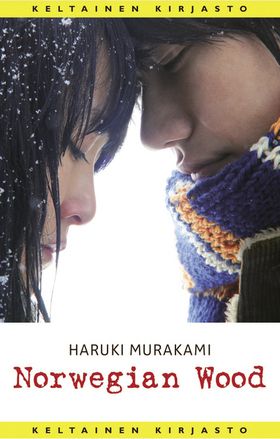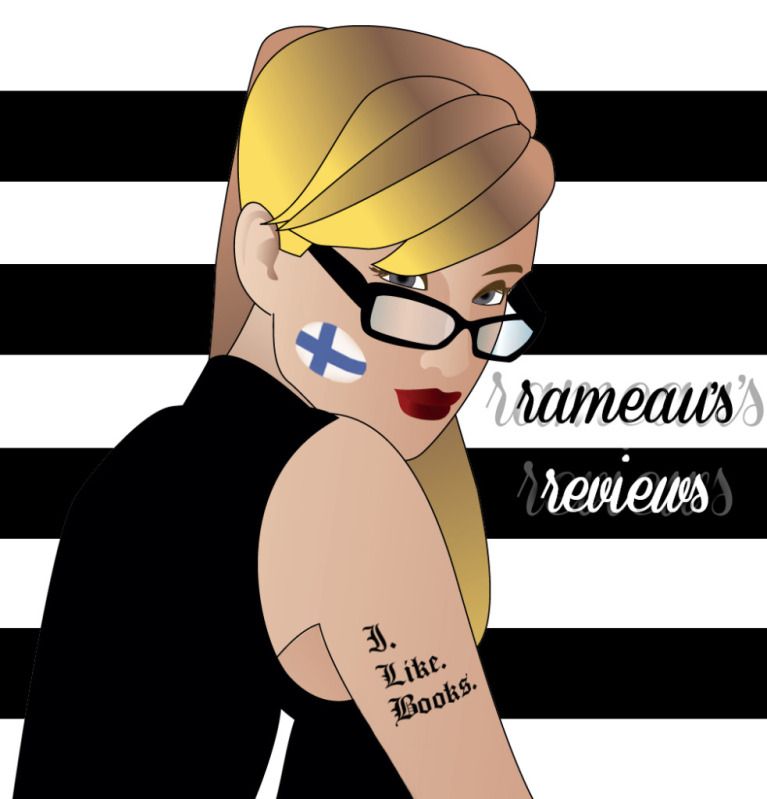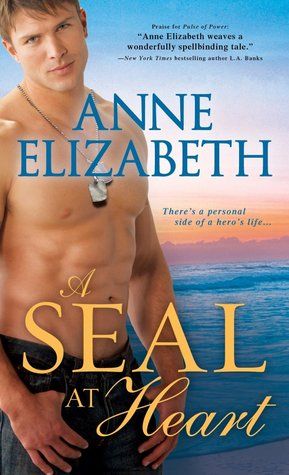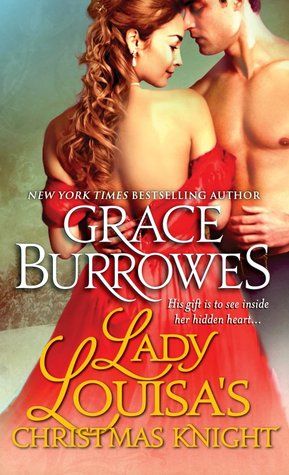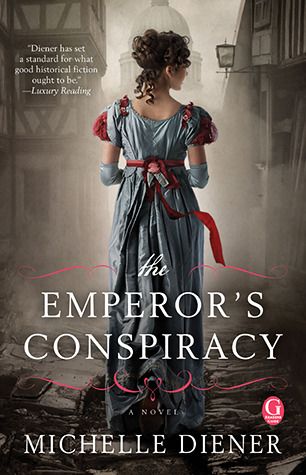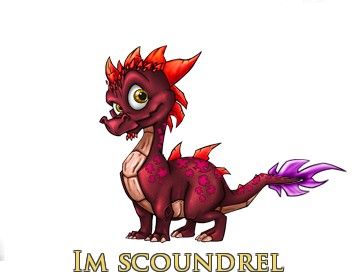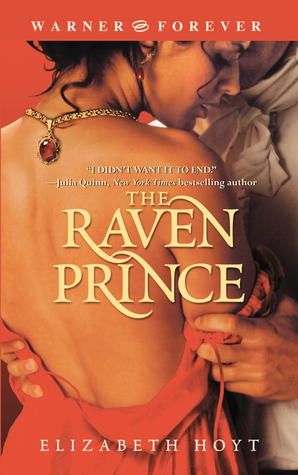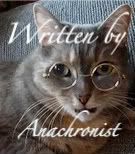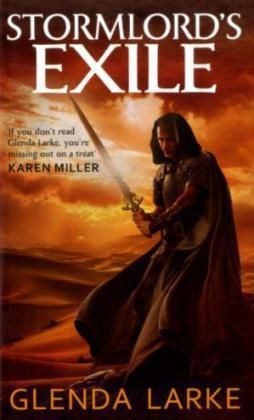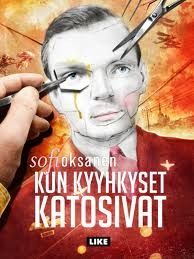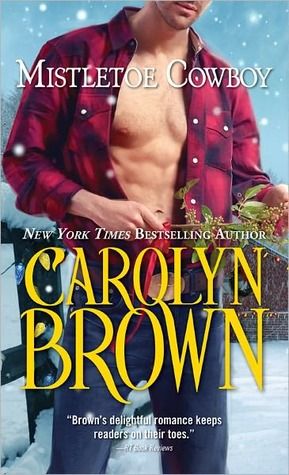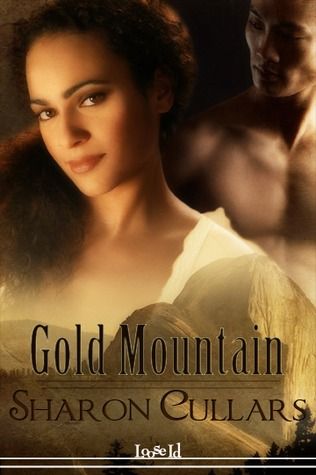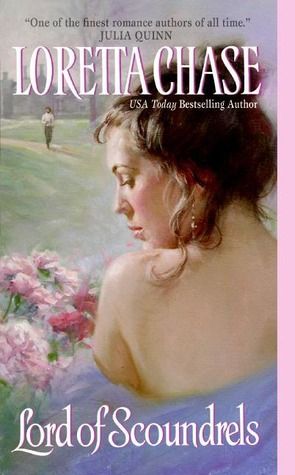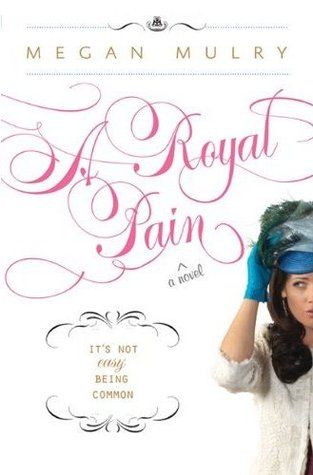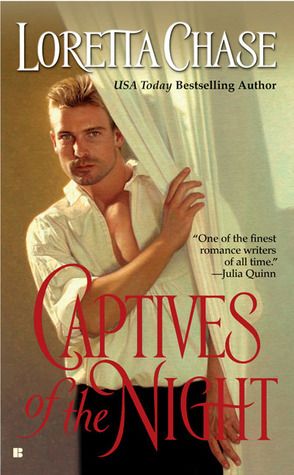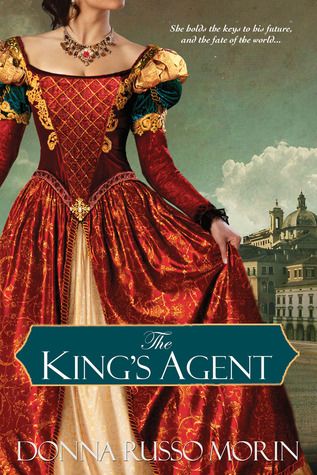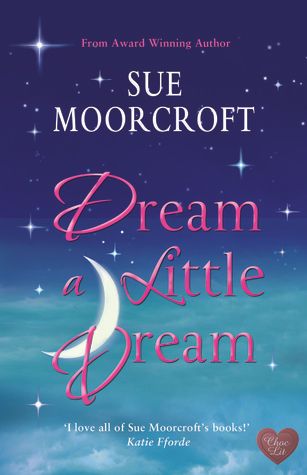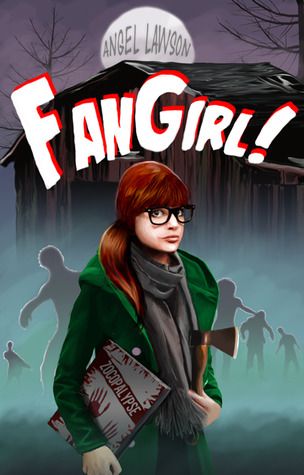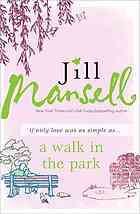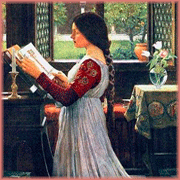Scorn, Sense and Sensitivity
reviews
The Raven Prince by Elizabeth Hoyt
The Lady Scoundrels are back and over the next 3 Saturdays we will bring you our reviews of The Raven Prince by Elizabeth Hoyt.
First up is Scorn (aka Anachronist)
Book info:
Genre: historical romance but I would drop the historical part
Target audience: adults
Form: e-book, pdf format
Synopsis:
The Raven Prince takes place in eighteenth century England.
Edward de Raaf, the temperamental Earl of Swartingham, nearly runs over Anna Wren, a relatively young widow returning from the market. Shortly after that, Edward finds himself in need of a new secretary. The last few secretaries have all fled the earl’s employ in the face of his appalling temper and since he doesn’t give his steward, Mr. Hopple, much time to come up with one, Hopple hires Anna. It is unconventional, to say the least, to have a female secretary but Anna has a fair hand and is not intimidated by Edward, so the job is hers. By the way she is desperate to keep her position - the investments that the late Peter Wren left to his wife and by extension, his mother, are not doing very well.
It doesn’t take long for a sexual attraction to emerge between Edward and Anna as they spend time together. All of Edward’s family died of smallpox when he was a child, and he lost his first wife in childbirth, so starting a new family is important to him. Still Anna is infertile and she belongs to lower class, so he feels he can’t marry her, and he goes to London to propose marriage to a more appropriate young lady with a significant dowry. While in London, he also plans to visit Aphrodite’s Grotto, a luxury house of ill repute.
A bit earlier Anna discovers a bill from Aphrodite’s Grotto, and she realizes Edward is a customer there. Soon afterwards she finds a sick prostitute lying in a ditch and takes her home to nurse. The girl, called Pearl, asks Anna to contact her demimondaine sister, Coral, who is living and working in London. Pearl and Coral help Anna to gain access to the said whorehouse wearing a mask and become secretly the lover of Edward. Still will it help solving other problems of Anna or will it make her situation even more complicated?
What I liked:
Never judge a book by what is written on the insert or at the back of the cover. Frankly the blurb of this one reads like some idiotic erotic romance book that publishers seem to think are so popular and profitable nowadays – a virginal heroine turns all of a sudden a skanky ass prostitute in order to sate her newly discovered passions and get her man.
It is a romance book with an actual plot and its characters are interested in something more than just going to bed together. Both Anna and Edward seem real and are grounded in the reality, as constructed by the author. What’s more their physical appearances are relatively ordinary – Anna’s only good feature is her luscious mouth and Edward is a blunt, unpretentious farmer, not afraid to get dirty, with pox scars all over his face and body – his appearance is actually closer to ugliness and he is pretty much aware of it. It was a nice surprise after reading about all these beauties who charm everybody around them and have just one big problem: what colour emphasizes their beauty the best.
The fairy tale of the raven prince, intertwined with the story, was lovely, and I enjoyed the way the bird theme was woven throughout the book, with Anna’s last name, the comparisons of Edward to a raven and the fact that the prostitutes were sometimes (but not in this book, pity) called ‘birds of paradise’ or ‘soiled doves’. Oh, and the sex scenes were hot – one of the best I’ve read so far. Indeed, I have no gripes at all with Anna and Edward’s erotic encounters, which were sensual and rich with sensory descriptions.
I also liked the character of Coral, the successful demimondaine, and I regretted she didn’t play a more important role in the novel. Her cynicism really appealed to me and I hope that she makes further appearances in future books of this series – she clearly deserves that.
What I didn’t like:
The biggest issue for me was probably how wrong and anachronistic the book felt to me. It was supposed to be a historical romance but it is as far from any historical reality as it can only be. In fact it would be better if you forgot about the ‘historical’ adjective altogether, treating all these stays, tricorn hats, bustiers and wigs as merely theatrical props. First of all let me tell you that the characters, ALL the characters, speak and think using more or less modern language and 21st century way of thinking. When Anna finds out that Edward patronizes a brothel in London she is incensed by his hypocrisy – why should whores be anathema when the men who use them remain perfectly respectable? Very well, my lady, I agree with you on principle but it is definitely not a way of thinking for a respectable, church-attending 18th century female.
Then, Hopple and Edward hired Anna as a secretary, at a time when only men were secretaries and woman’s place was only in the kitchen and in the nursery or cleaning rooms. I am pretty sure a lady in the 1760’s wouldn’t be able to take up such a post to a peer without causing huge ructions and a lot of condemning - I found this really difficult to swallow.
I’m not saying that these words themselves are actually anachronistic. They may in fact have been in use in 1760. But the expressions comprised of those words sound contemporary to me, and that was enough to pull me out of the story. For example, Anna goes on about Edward’s attractiveness to her mother-in-law and I just couldn’t suspend disbelief that this conversation was taking place in 1760. There were other examples of speech that seemed contemporary to me. Edward says “Shit,–? in Anna’s presence. He also refers to another character as “that baboon”. There’s mention of a “crackpot theory”. Edward’s valet says to Anna, “Don’t have to be snotty”. I really wish the author did some research or change the settings of the novel.
Finally the little London adventure of Anna…well, it was something few modern women would be brave enough to do; I really couldn’t believe she, a respectable widow, decided to play a prostitute just to get the attention of Edward. When he found out her ruse he was surprised but not outraged. Are we really talking about times when a single woman, widow or otherwise, couldn’t talk to a gentleman face to face without a companion because she risked tarnishing her reputation? Edward was really strangely unconcerned by the resourcefulness of his beloved although before he had expressed his worry that she took a whore to her house.
Now the ending…it was as if a nasty witch sneaked inside the novel and changed it from a reasonably good story into something unbearably naïve and inane because otherwise it wouldn’t be a romance. Spoiler - highlight to read or skip: although Anna was pretty much sure she was barren, all of a sudden we find her with a son and pregnant again, her husband on cloud nine. It seems the moment you find the right man you get cured from whatever ails you and you can have children if you wish so, right? WRONG.
Final verdict:
As far as romance book goes this one wasn’t bad – I really appreciated some fresh ideas and the fact that its characters were closer to real people. You can enjoy it providing you treat the whole historical set in a very liberal way and you don’t mind those cloying HEA endings












